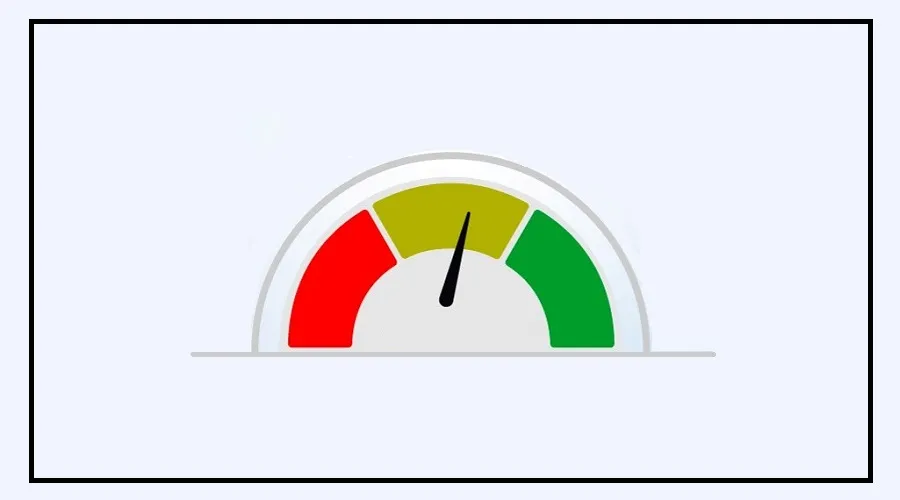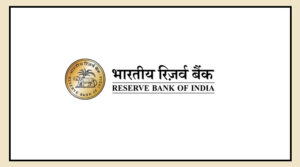CIBIL Score: Can someone get a bank loan without a credit history? Many people believe that without a CIBIL score, getting a loan is impossible.
However, this is not entirely true. In recent years, banks and NBFCs have introduced new guidelines that help people who have never taken a loan or used a credit card.
So, how do banks assess such applicants, and is it really that hard to get a loan without a credit history? The government has now clarified the rules around this.
No Mandatory CIBIL Score Needed
The Finance Ministry has confirmed that first-time loan applicants are not required to have a minimum CIBIL score.
In the Lok Sabha during the monsoon session, Minister of State for Finance Pankaj Chaudhary stated that, as per RBI instructions, banks should not reject a loan application just because the applicant has a low or no credit score.
Due Diligence Still Required
While a CIBIL score is not mandatory for first-time borrowers, the Finance Ministry has advised banks to still carry out proper checks.
This means reviewing the applicant’s financial background, such as past payments, any delays, pending dues, restructured or settled loans, and written-off accounts.
Chaudhary said, “The RBI, in its Master Direction issued on January 6, 2025, has clearly stated that credit institutions should not reject applications of first-time borrowers simply because they lack a credit history.”
No Fixed Minimum Score
The government has clarified that the RBI has not set any minimum credit score to apply for a loan. So, banks and financial institutions will not base their decision only on the CIBIL score.
Instead, they will consider various factors like their internal policies, RBI guidelines, the applicant’s current financial commitments, and repayment ability. The credit report will only support the decision—it will not be the only deciding factor.
What Is a CIBIL Score?
A CIBIL score is a three-digit number between 300 and 900, which reflects a person’s creditworthiness. It is created by the Credit Information Bureau (India) Limited (CIBIL).
This score helps banks decide whether a person qualifies for personal, home, gold, or other types of loans.
RBI Regulates Credit Report Fees
The Minister also shared that credit information companies can charge a maximum of ₹100 for providing a person’s credit report.
He said, “Under the Credit Information Companies Regulations, 2006, RBI has fixed the maximum fee for an individual’s credit report at ₹100.
Also, through a circular dated September 1, 2016, RBI has directed all credit bureaus to offer one complete credit report in digital format free of cost every year.”

























